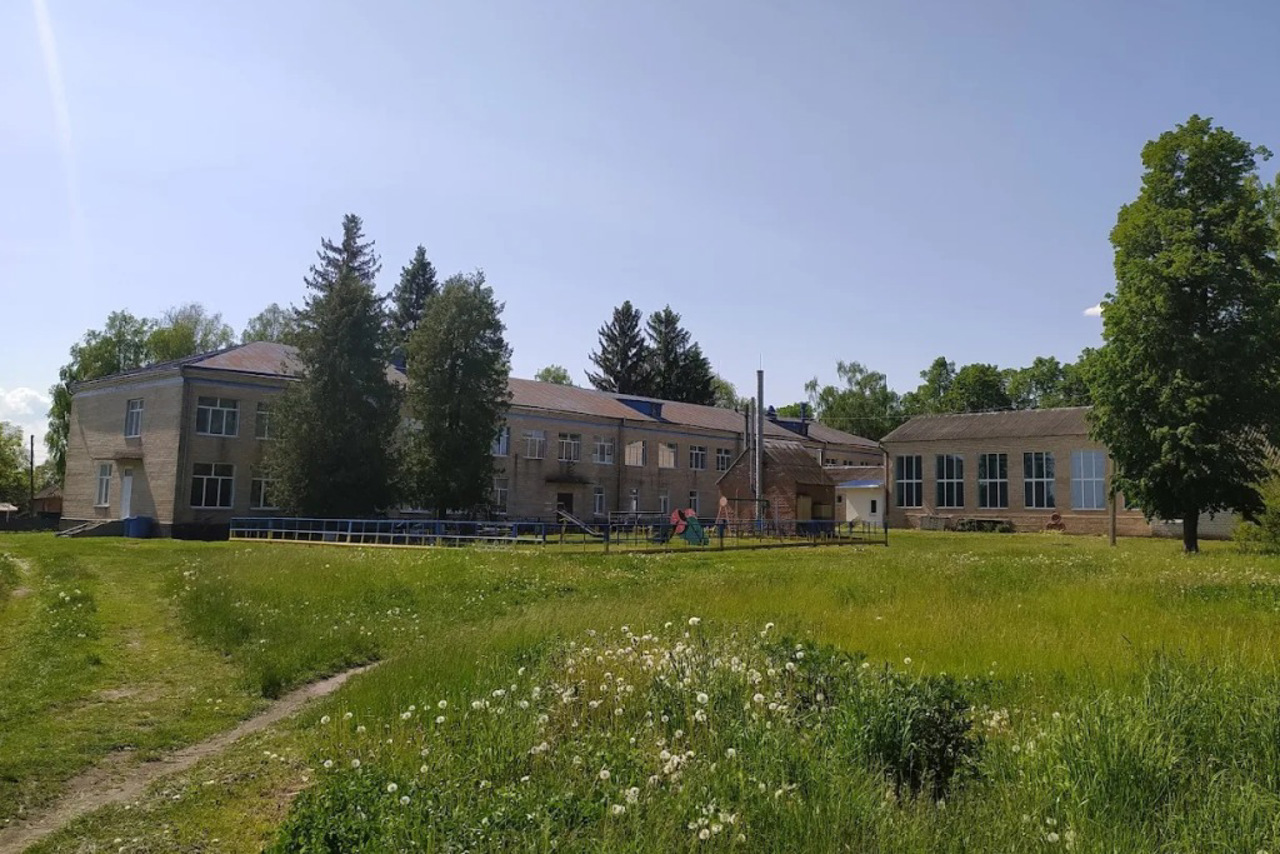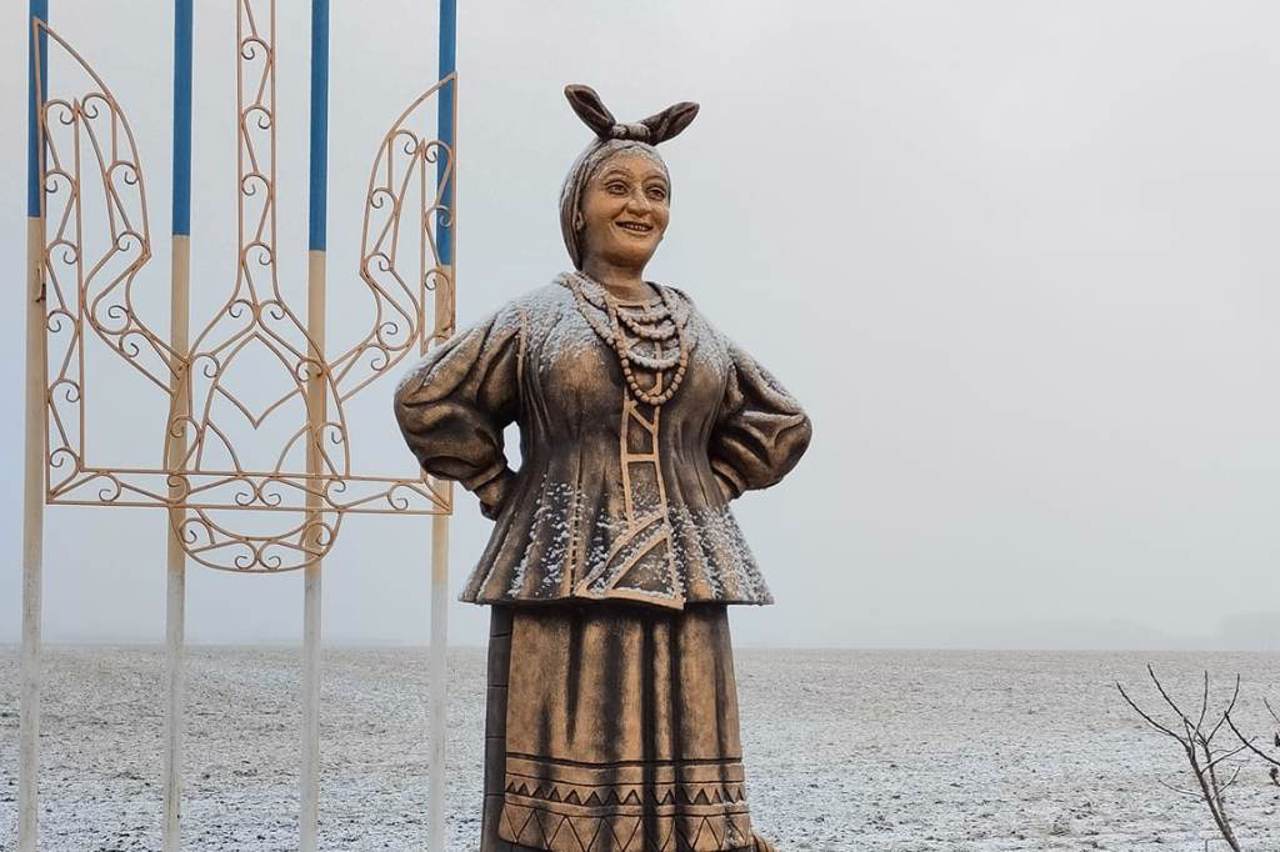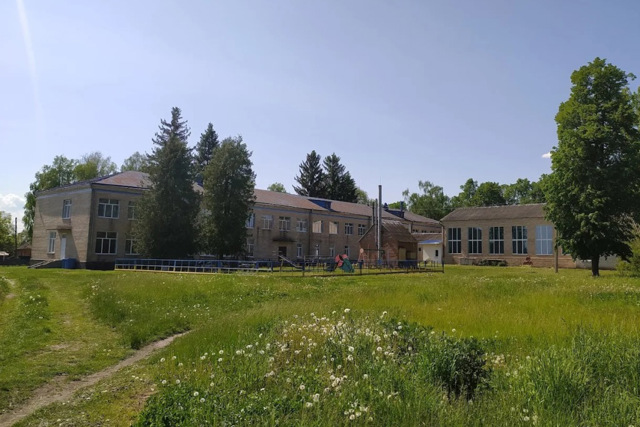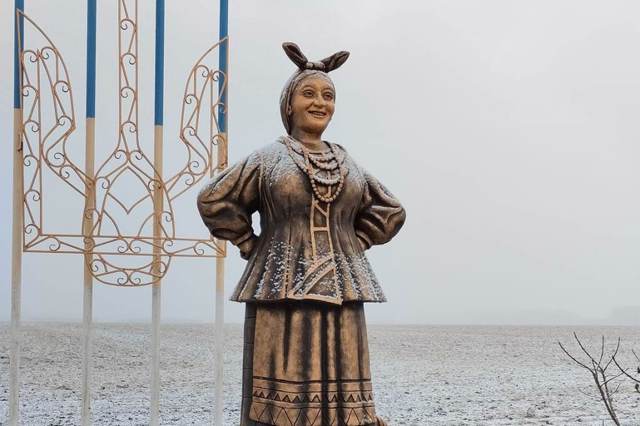Functional temporarily unavailable
General information about Stavkove
The village of Stavkove in Poltava region is located next to the R-42 highway between Velykyi Sorochintsy and Opishnia. Administratively, it is part of the Zinkiv hromada of Poltava district.
According to legend, the village was founded by the landowner Solokha, so until 1964 it was called Solokha. The current name is due to the fact that within the village there are several ponds on one of the tributaries of the Muzheva Dolyna River.
During the Holodomor of 1932-1933, 53 residents of the village died.
Село Ставкове на Полтавщині розташоване поруч із трасою Р-42 між Великими Сорочинцями та Опішнею. Адміністративно входить до складу Зіньківської громади Полтавського району.
За легендою, село засноване поміщицею Солохою, тож до 1964 року воно мало назву Солоха. Нинішня назва пов'язана з тим, що в межах села є кілька ставків на одній із приток річки Мужева Долина.
Під час Голодомору 1932-1933 років загинуло 53 жителів села.
Сплануй своє перебування у Stavkove
What to see and where to go in Stavkove
Tourist attractions and museums of Stavkove
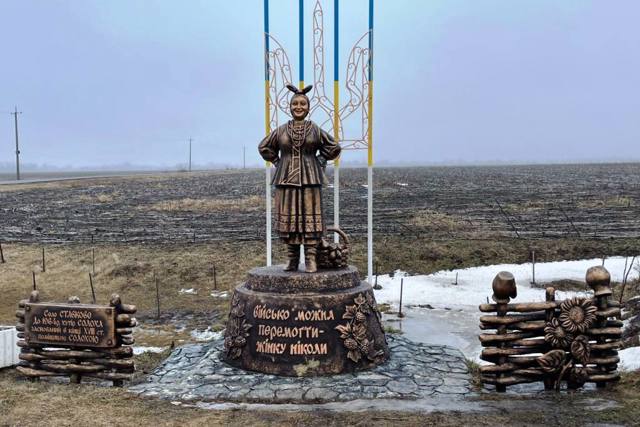
Monument to Solokha
Monument
The monument to Solokha in Poltava region is installed on the R-42 highway between Velyki Sorochyntsi and Opishnia, near the turn to the village of Stavkove. According to legend, the village was founded by the landowner Solokha, so until 1964 it was named Solokha.
The sculptural image of Solokha is based on the character from Mykola Hohol's story "The Night Before Christmas" and the Soviet film "Evenings on a Farm near Dikanka". The aphorism of the Ukrainian writer Pavlo Zahrebelnyi is engraved on the pedestal: "An army can be defeated - a woman never!".
A recreation area is equipped next to the monument.
Reviews Stavkove
Geographical information about Stavkove
| {{itemKey}} | {{itemValue}} |
|---|---|
| Region |
Poltava |
